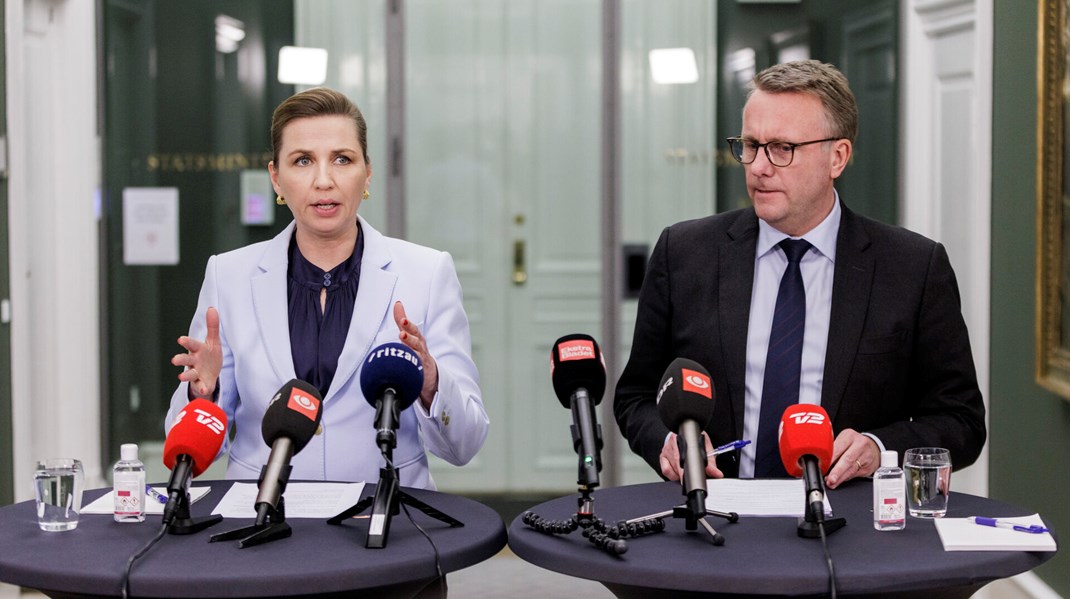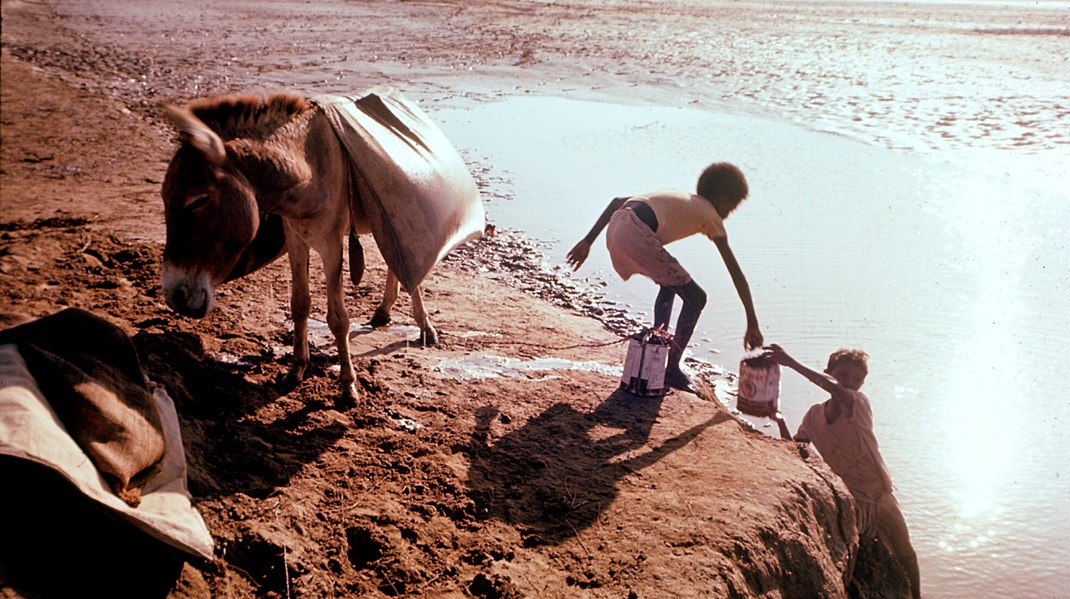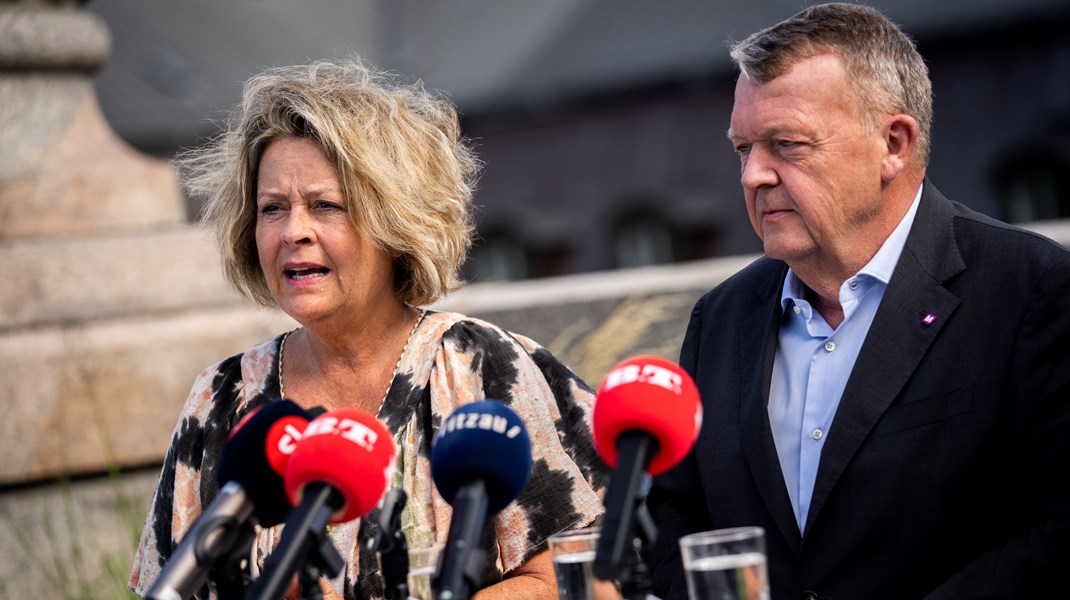Emergency assistance mobilized to Nigeria's Rann air-stricken camp
Highlights
• Sixty injured people, majority of them children, were airlifted on 18 January from Nigeria’s north-eastern Rann locality to Maiduguri, the capital of Borno state, following a military airstrike on Rann the previous day. The medical evacuation involved UN Humanitarian Air Service (UNHAS) and Nigerian military helicopters.
• In Maiduguri, 11 ambulances have been availed to ferry the patients to five hospitals in the city. Four additional doctors and 100 kg of medical supplies were flown to Rann today.
• Aid agencies, the Nigerian military and the Government are collaborating in the operation.
• On 17 January, a UNHAS helicopter was dispatched to Rann with four medical personnel and 400 kg of emergency medical supplies. Nine injured aid workers were airlifted to Maiduguri.
Situation overview
A Nigerian military aircraft struck Rann locality in Borno state in the country’s north-east on 17 January, with dozens of people reported to have been killed or injured. The humanitarian community has since mobilised emergency assistance, sending in doctors and medical supplies to treat the wounded, some of whom are being airlifted to Maiduguri. Rann is one of the localities in north-eastern Nigeria that have recently become accessible to humanitarian organizations. Tens of thousands of displaced people in Rann are struggling with severe food shortages and high levels of malnutrition.
Aid organizations have expressed shock and regret following the airstrike on Rann, where they are assisting families and communities left destitute by conflict. Humanitarian partners have been deploying gradually to areas of Nigeria’s north-east that were previously unreachable to provide assistance to civilians grappling with hunger, malnutrition, lack medical assistance, water and other basic services owing to the protracted Boko Haram-related violence.
The long-running conflict has left some 8.5 million people in need of assistance in the north-eastern states of Adamawa, Borno and Yobe. This year, humanitarian organizations plan to assist 6.9 million people in dire need of nutrition, food, shelter, health, education, protection and water and sanitation. A projected 5.1 million people will face serious food shortages as the conflict and risk of unexploded improvised devices have hampered farming for a third year in a row, causing a major food crisis.


